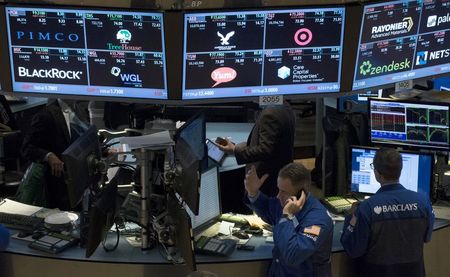In the intricate world of finance, terms like debtor and creditor are fundamental but often misunderstood. Understanding the distinction between these two entities is crucial for anyone navigating financial transactions, whether in personal finance or business dealings. This blog post aims to unravel the nuances, responsibilities, and dynamics that set debtors and creditors apart.
Definitions of Debtor and Creditor
Debtor
A debtor is an individual, business, or entity that owes money or has an outstanding obligation to another party. This obligation arises from borrowing funds or obtaining goods or services on credit. Debtors can take various forms, from an individual with a credit card balance to a corporation with outstanding loans.
Creditor
On the flip side, a creditor is an entity or individual that extends credit or loans money to another party. Creditors can be banks offering loans, suppliers providing goods on credit terms, or individuals lending money. They are owed a sum of money by the debtor, creating a debtor-creditor relationship.
Key Differences
- Position in the Transaction:
– Debtor: Occupies the position of the party owing money.
– Creditor: Holds the position of the party to whom money is owed.
- Nature of the Relationship:
– Debtor: Has an obligation to repay a debt.
– Creditor: Expects repayment of the amount lent or credit extended.
Examples
– Debtor: A person with an outstanding credit card balance.
– Creditor: A bank providing a mortgage loan.
Debtor-Creditor Relationship
The debtor-creditor relationship is inherent in countless financial transactions. It forms the basis of credit systems, loans, and financial agreements. Managing this relationship responsibly is essential for maintaining healthy financial dynamics. Clear communication, adherence to payment terms, and a thorough understanding of financial obligations contribute to a harmonious debtor-creditor relationship.
Conclusion
In the intricate tapestry of financial interactions, the distinction between debtor and creditor serves as a cornerstone. Whether in personal finance or complex business transactions, recognizing the roles and responsibilities of debtors and creditors is essential for making informed financial decisions. As individuals and businesses engage in financial dealings, a nuanced understanding of this dynamic relationship empowers them to navigate the financial landscape with confidence and prudence.
Further questions
What's your question? Ask it in the discussion forum
Have an answer to the questions below? Post it here or in the forum




